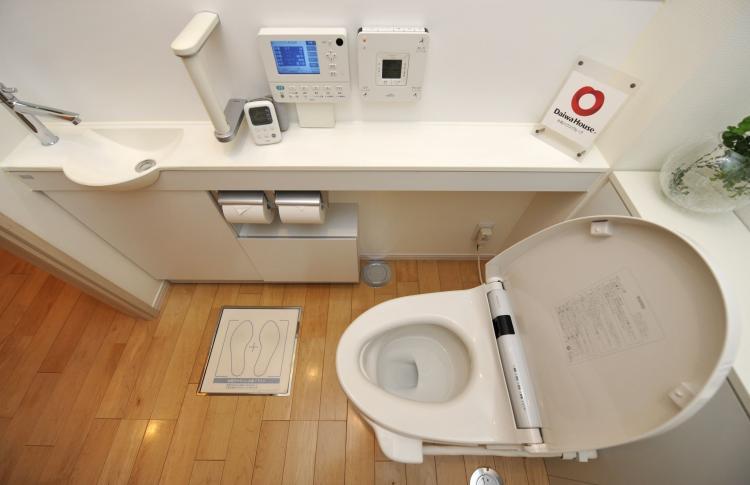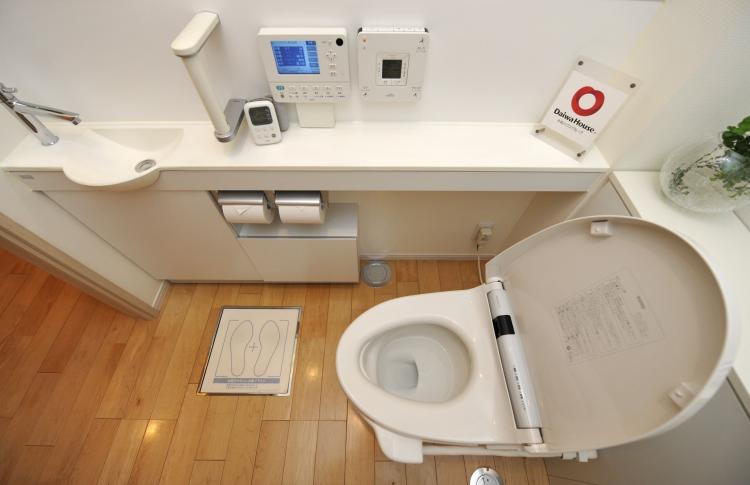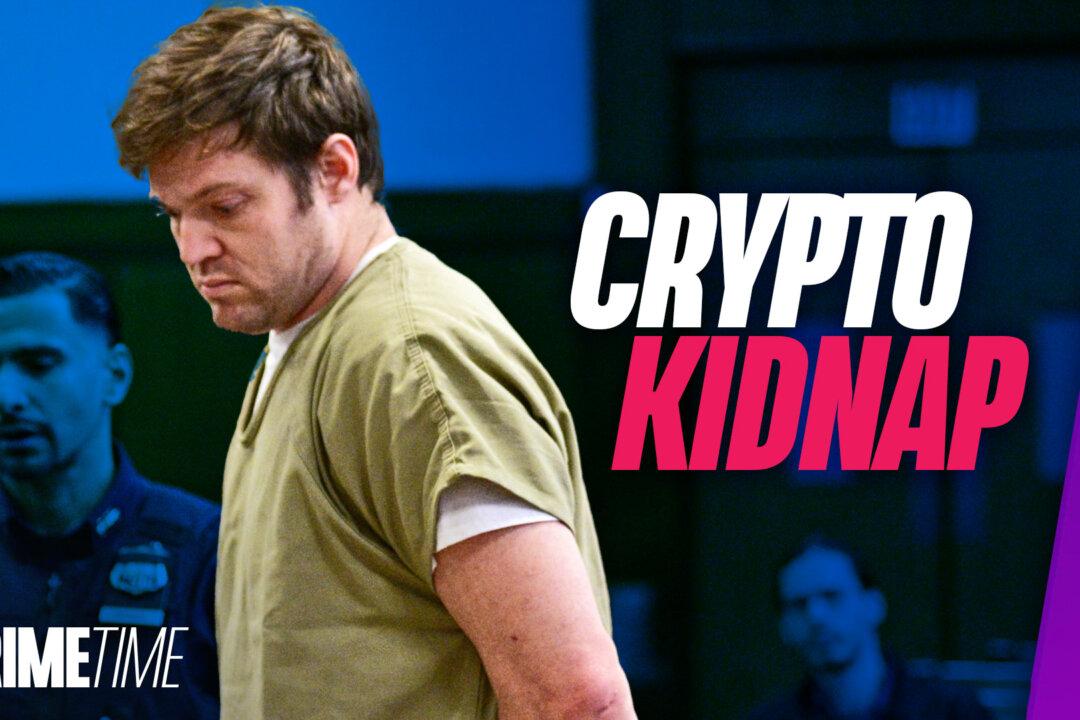NEW YORK—The other day I arrived back in New York after a month in Japan and saw the city with fresh eyes. Fresh, clean eyes. Eyes that couldn’t help but notice the cleanliness, or rather, lack of it.
I recall when a colleague from The Netherlands arrived in New York last spring, he commented that he was surprised to find New York so dirty and disheveled. Not just in terms of litter on the streets, but grimy office walls, buildings fallen into disrepair, and never attended to, and gaping potholes in Midtown Manhattan.
In his mind, in this global super power’s most important city (sorry D.C.), symbol of the modern world, everything should be glimmering and clean. As a Canadian, that was certainly never my impression of New York (we’re the clean ones!), so it amused me to learn that he held such an image of the city—he seemed so genuinely disillusioned.
So when I arrived back in the city the other day, I was surprised to find that I had the exact same impression. New York just looked so … worn out.
If you’ve had any experience with Japanese people and culture, you‘ll know they’re fastidiously clean. In public toilets you’ll almost always find a disinfectant dispenser to wipe the seat clean before use. At airport security, when you take off your shoes to send them through the X-ray, they'll hand you slippers to wear for the 10 steps to the other side of the scanner, lest your socks get dirty—or worse yet, your socks dirty their carpet.
The streets in Japan are so clean that they almost look stark. The most fascinating thing about the lack of litter, is that public trash cans are virtually impossible to find. I’ve carried trash around for half a day before finding somewhere to dispose of it. But like all Japanese, apparently, I'd never resort to throwing it on the ground in frustration.
The lack of trash cans may have something to do with the fact that Japan is almost obsessive about separating garbage. When you do find a place to toss your trash, you’re faced with a bank of cans, all with different symbols and instructions about what to throw where.
But it wasn’t always like that. When I lived in Japan in the mid-90s, there was virtually no recycling, and no environmental awareness. Coming from Canada’s west coast, in the age of ecology, I quickly became aghast at the environmentally hostile actions I saw all around me: billions of disposable chopsticks per month being used once, then tossed out, cars idling without restraint, the impossibility of refusing a bag with your purchase, not matter how small (which they'd proceed to put inside a bag about the same size as the item itself, then put that inside a bigger bag).
I was there to teach English, but started a side project with a few other foreign teachers, and one rare green Japanese, creating basic environmental curriculum for schools.
I recall the horror I felt after we painstakingly made a board game for junior high school kids about the plight of endangered animals, only to discover that a teacher using it had been translating the “endangered animals” as “dangerous animals” to dozens of classes.
Going back years later, I find it highly impressive how Japan has transformed itself into a country with a sophisticated recycling program, backed by extensive public education. I guess back when I was a teacher I was a bit ahead of the times—and now I feel decidedly behind them.







